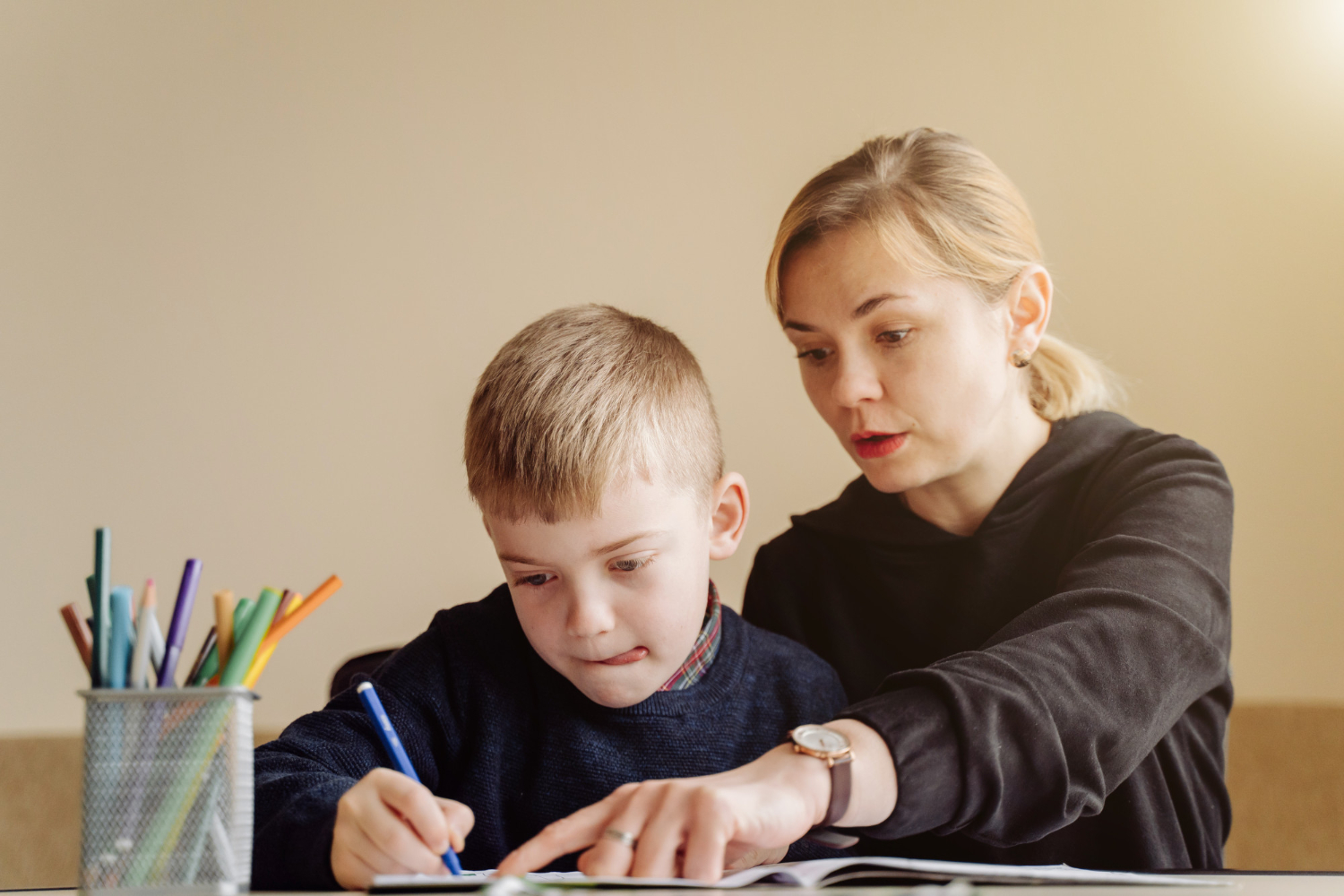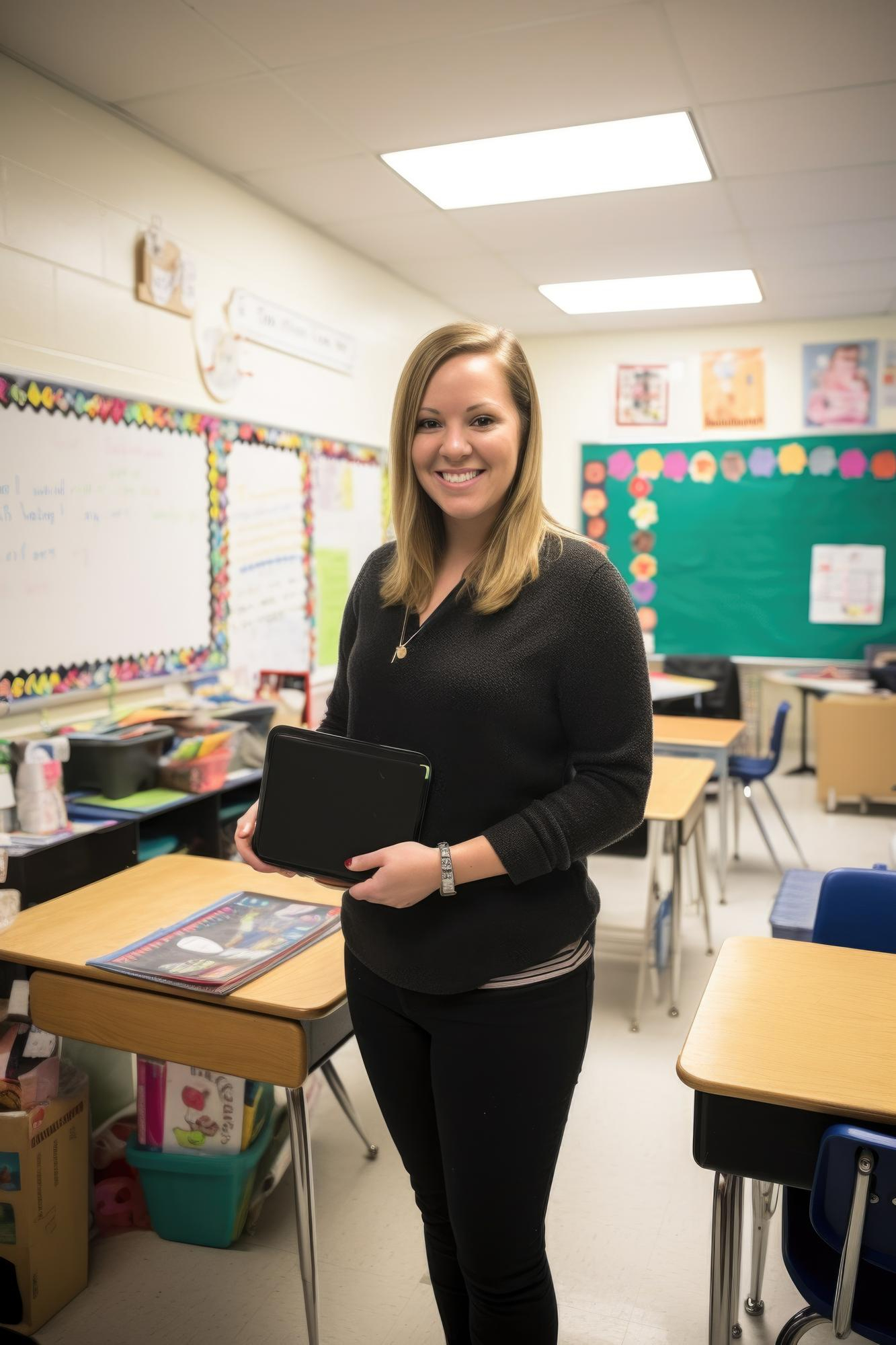Becoming a successful teaching assistant (TA) is more than just supporting teachers in the classroom; it’s about making a positive impact in the lives of students.
All students learn at different speeds and have different learning abilities – some children will need extra support with writing, reading or numeracy skills. As a teaching assistant, your role is to support students through lessons. This requires a unique blend of qualities and skills.
Whether you’re just starting out in your role or looking to enhance your skills, this guide will outline what makes a good teaching assistant. We’ll explore the essential traits that define a successful teaching assistant and discuss why each one is important for achieving positive learning outcomes in the classroom.












